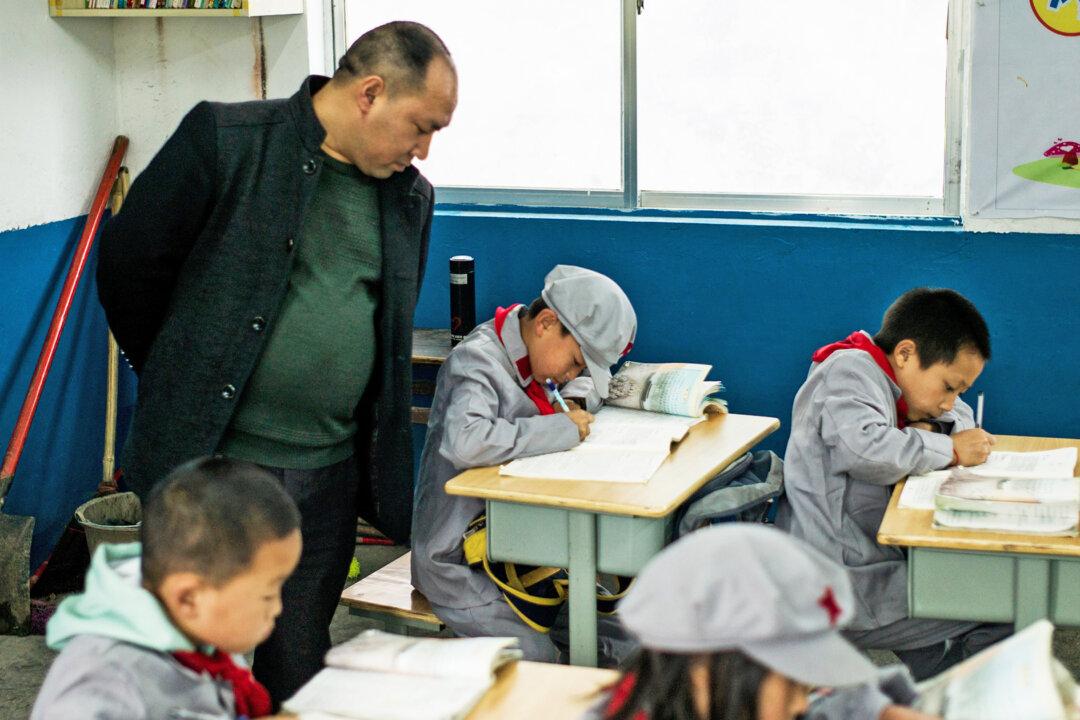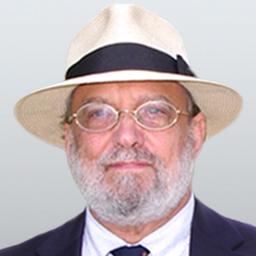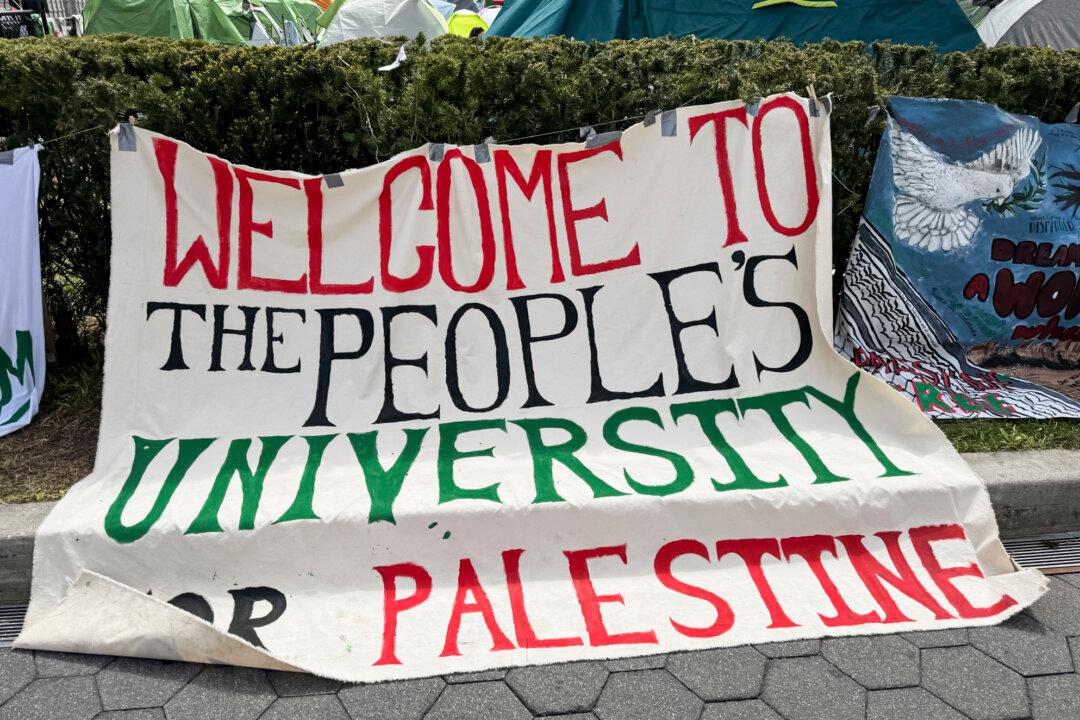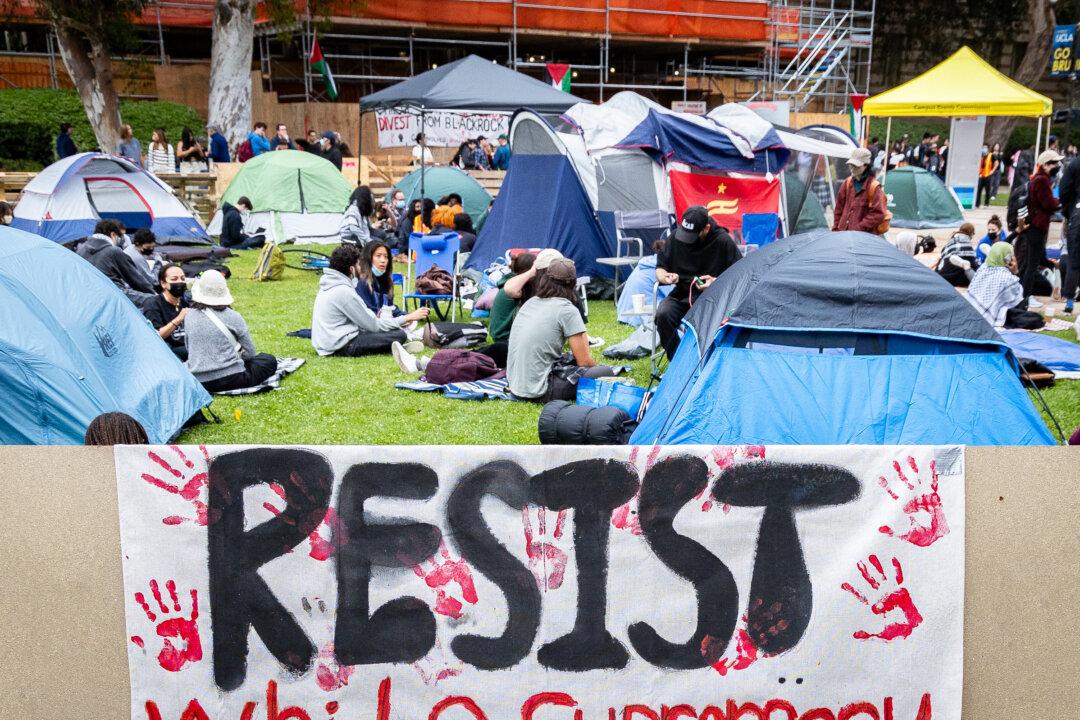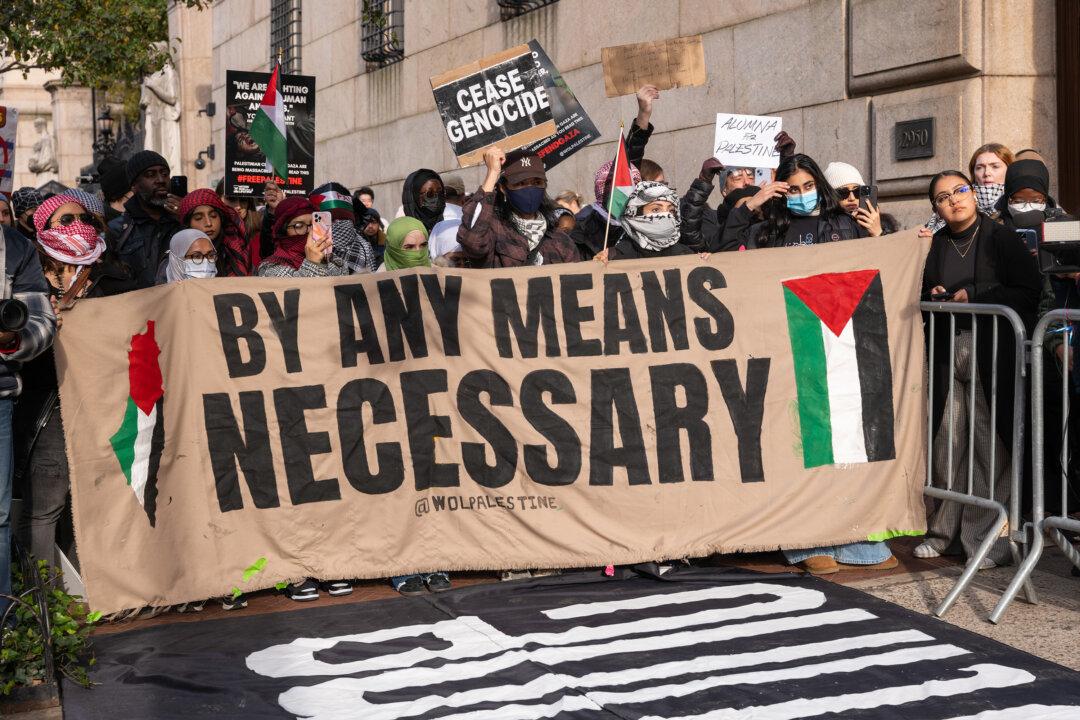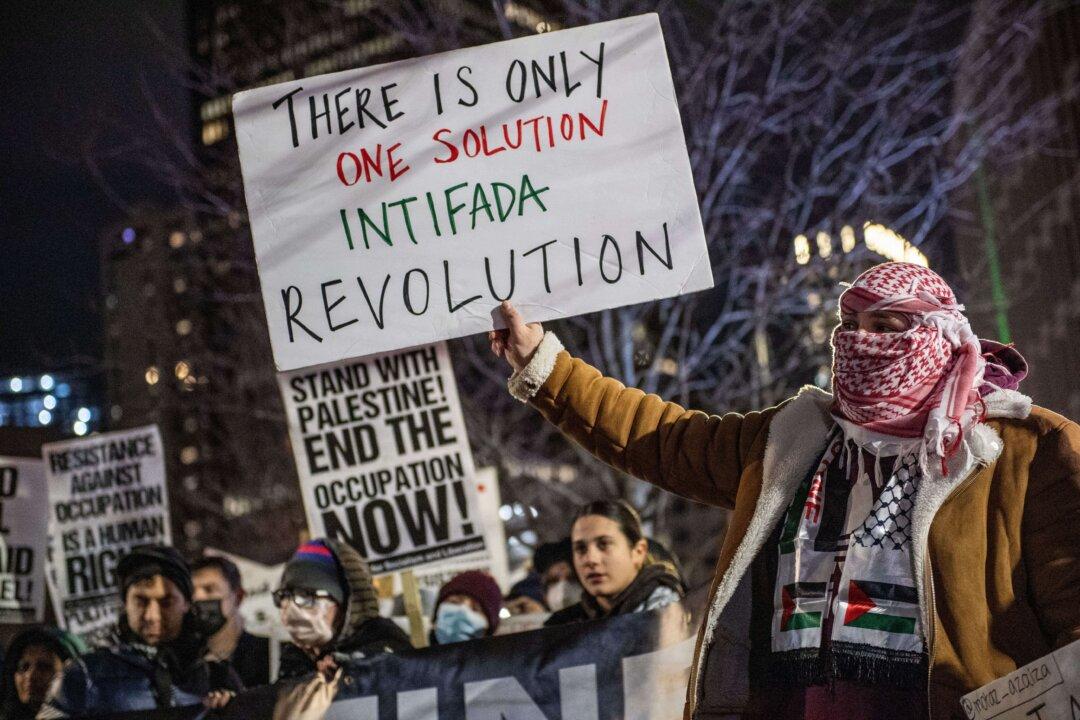Commentary
The internationalization of labor has been a longstanding policy of government and business. The main reason is the low cost of labor in developing countries such as China, compared to the cost of labor in modern and postmodern countries. With lower labor costs, companies gain more profit, and citizens gain greater access to consumer goods. Government officials benefit from facilitating the process.
